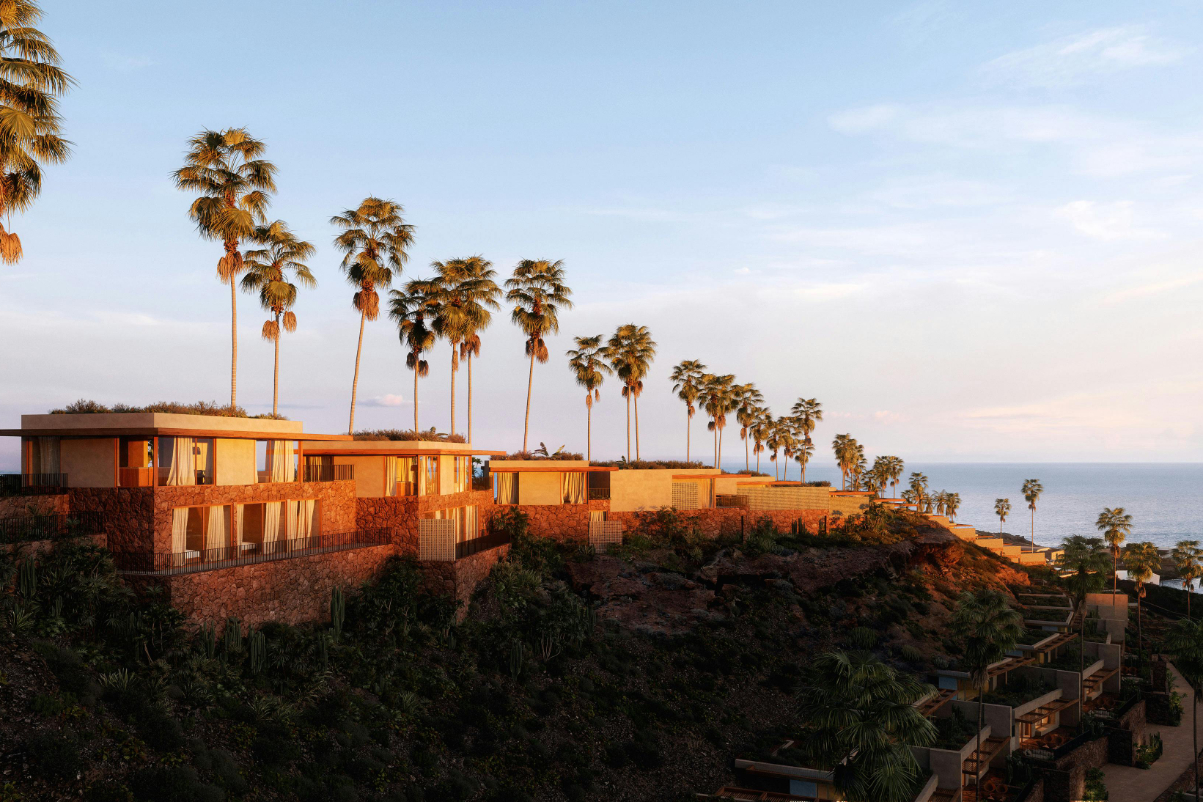
[ad_1]

Skift Take
Thousands of fed-up residents took to the streets of Tenerife. Activists want a new tourism model that puts locals first. But businesses seek sustained growth from a tourism sector that drives about a third of the local economy.
Sean O’Neill
Thousands took part in a Saturday protest against tourism growth in Tenerife, the largest of Spain’s Canary Islands.
The protests were triggered by a vote this week by Spain’s parliament not to stop the construction of a hotel and an eco-resort, Cuna del Alma. Protestors said the 400-villa resort would harm a delicate environmental area along the southern coast of Tenerife.
The protest on Saturday went further, calling on the government to rein in tourism more broadly, such as by pausing approval of all new short-term rentals and considering a tourism tax.
The event was organized by Canarias Se Agota (or “The Canaries Have Had Enough”), an activist group that calls for a pause on all tourism development projects. The group has 10,000 Instagram followers.
Last year, approximately one-third of the Canary Islands’ gross domestic product came from tourism. While a boon to the economy, tourism is also driving up housing costs and straining infrastructure, protestors said.
The Canary Islands, with a population of 2.2 million, saw nearly 14 million foreign tourists in 2023, a 13% increase from the previous year. Authorities across the eight islands worry about the impact and are expected to pass a draft law this year toughening the rules on short-term rentals in response to complaints from residents priced out of the housing market.
Spanish officials are considering new rules for the Canary Islands that would require vacation rentals to be a minimum size and that the buildings they’re in be at least a decade old.
[ad_2]